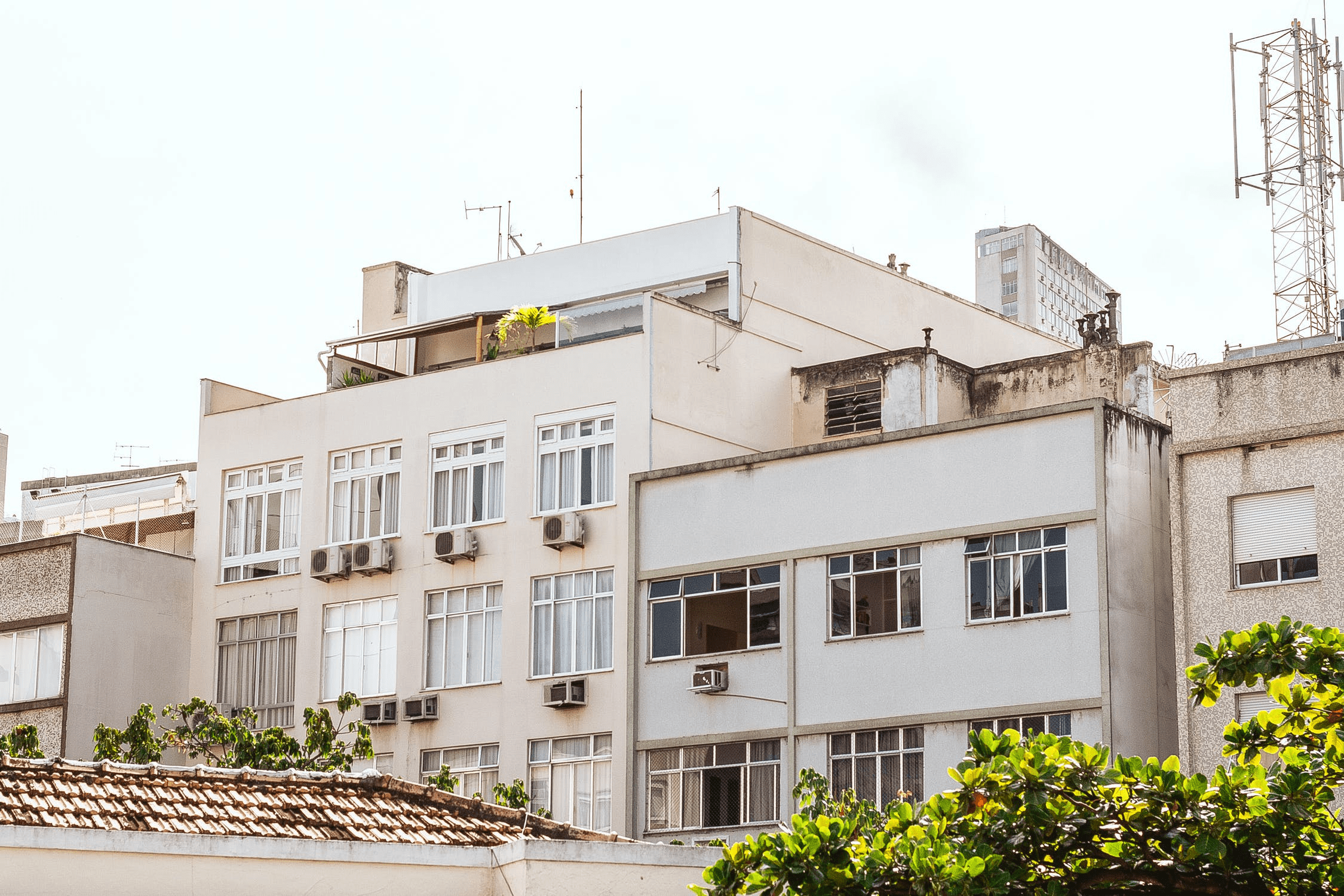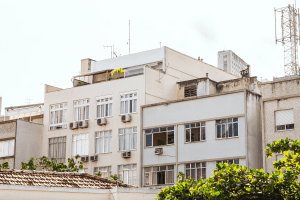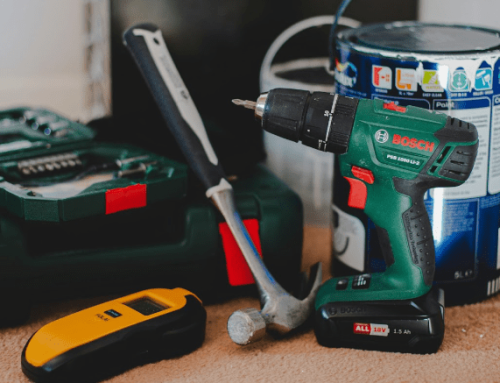AppFolio, a property management software company, recently carried out a survey of 1,000 property owners and managers to investigate what short and long-term changes they were making to stay afloat whilst keeping their staff and residents safe.
The survey revealed some interesting data and showed just how much has changed in the residential property management industry since the start of the COVID-19 pandemic.
With new hygiene, safety and social distancing measures in place, block managers have had to work hard to stay afloat of all the industry’s changes, whilst adapting to new ways of working almost weekly.
Using AppFolio’s insights, and our own expertise, we’ve identified these 5 changes that look set to stay in the residential block management industry indefinitely thanks to the effects of the global pandemic.
(Source)
1. Staying in tune with technology
Around 46% of property management companies have implemented brand new technologies, accelerating their digital transformations.
Cloud based software allows block managers to access the files they need from wherever they are, whilst even tasks like service fee collection and the coordination of repairs have utilised technology to enable them to be performed contactlessly.
Digital documentation is now also favoured over paper ones, adding to convenience for residents who can have managing agent agreements emailed to them and sign them within seconds using a digital signature.
2. New rules for maintenance
COVID-19 and subsequent social distancing measures have resulted in residential block managers needing to think outside the box about how to perform essential and non-essential property maintenance and repairs.
Limited in person interactions, as well as those classed as vulnerable and needing to shield, plus residents in isolation, resulted in block managers becoming inventive in how to undertake necessary maintenance or scheduled repairs.
Ingenious inventions include property managers who have created step-by-step guides and tutorial videos as to how to perform certain repairs.
As a result of this, maintenance has changed with video calls being used to assess non-urgent maintenance requests and repairs is a convenient new process, as is the creation of instructional materials for repairs that are simple to fix.
Read more about block management health and safety regulations in our guide, here.
3. Enhancing the resident/manager relationship
With social distancing and other safety measures in place, many block managers are now working offsite, reducing on-site visits.
This has led to resident concerns about being kept uninformed and out of the loop, placing a brand new importance on the resident and manager relationship.
Providing residents with frequent, consistent and clear communication has alleviated many resident worries and produced higher levels of engagement with their communities.
New virtual solutions like group video conferences, as well as instant email responses and phone calls have enabled block managers to still maintain a level of communication as if they were on site. Resident complaints and queries can be answered immediately, whilst property management apps have enabled property managers to share documents in bulk with residents.
These new digital tools are likely to have changed the resident and manager relationship permanently and for the better. A closer resident and block manager relationship can be beneficial in gathering and implementing feedback in order to ensure that residents are happy, receiving value from their communities and that the block is fulfilling their needs.
What are the best block management rules of practice? Find out here.
4. More frequent communication
Frequent communication has not just expanded to residents, property owners are also benefiting from increased exposure to their block management agents.
87% of block management companies stated that instant communication methods, such as email and text messaging will become their primary method of communication moving forward.
This is because property owners have benefited from 24/7 support, and have placed more value in having their block managers just a phone call away. With constantly changing legislation surrounding health, safety and hygiene as well as rent repayments, property owners have largely leant on their block management companies to keep them reliably and frequently informed and supported.
The benefit of this change in the relationship is now felt hugely, with property owners already stating that they wish to maintain the current levels of communication with their block management agents once the pandemic is over.
5. Better management of expenses
One area in which property managers have had to be especially proactive and compassionate is in the financial dealings of both the property itself, and the residents.
With mass unemployment and furlough schemes, many residents have suddenly found themselves without a job or without sufficient income to make payments.
Block managers are already actively involved with the financial dealings of their properties, but have faced challenges in drawing up new and fair payment plans, as well as how to manage budgeting for any major works that need completing on the property.
Managers have had to identify additional ways to increase revenue or manage shortcomings which has resulted in property managers becoming increasingly engaged in how to balance books, draw up budgets and find necessary funds needed for equipment such as repairs and hygiene and sanitary legislation.
We expect the permanent changes made to the block management industry to only enhance the industry. An industry that is open to evolution and change will ensure it is always best supporting the needs of residents, and appealing to new ones. At Scanlans we have years of experience in supporting property owners and residents, and we know what it takes to efficiently manage your residential block. If you need help with administration, site visitations, insurances, and much much more, why not get in touch with us today?











[…] Residential block management is changing in the wake of the COVID-19 pandemic. To find out which changes you can expect to see, read more in our blog. […]